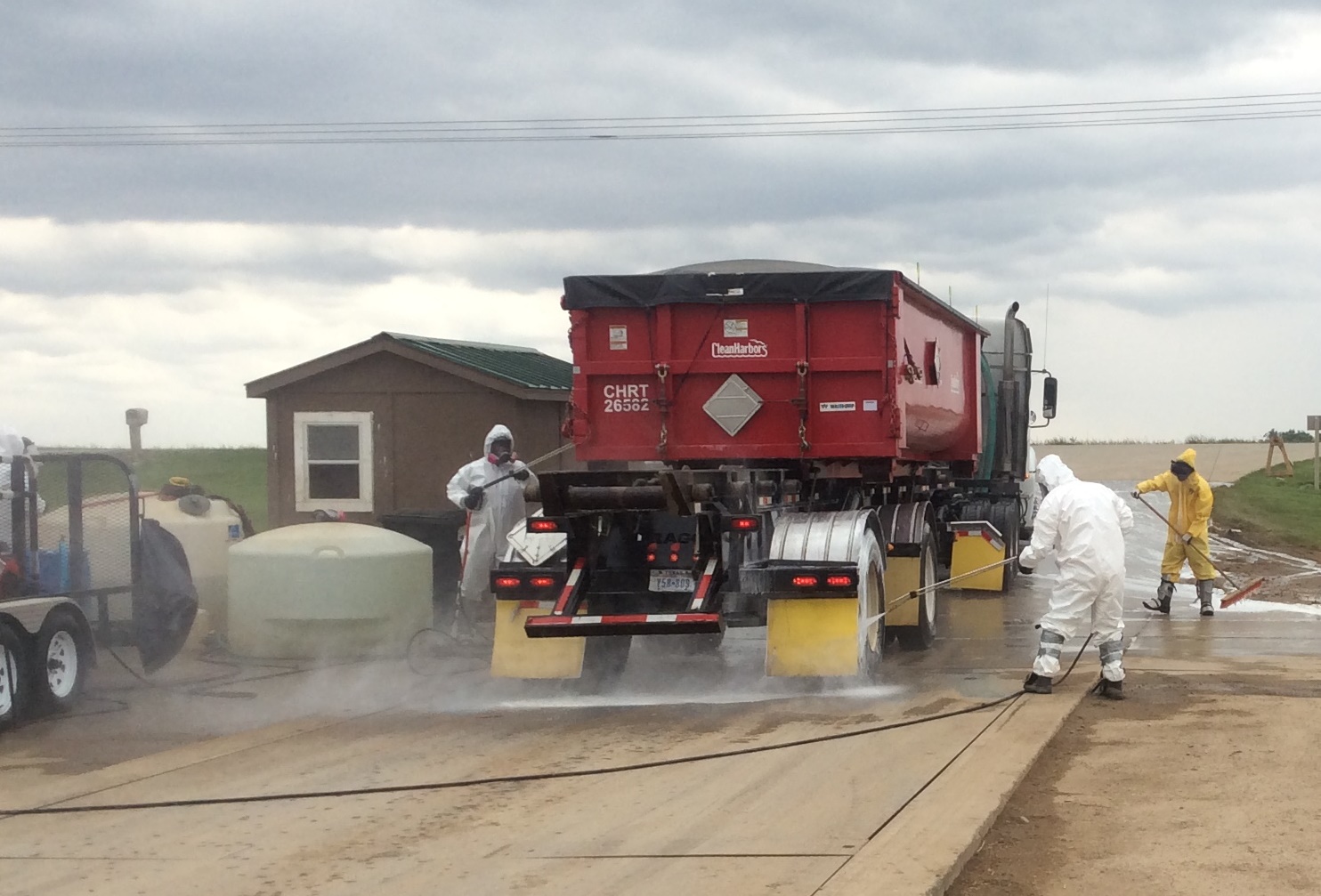



What are the implications of the UK’s proposed policy on animal transport?
The UK’s Environment, Food and Rural Affairs (EFRA) committee is exploring the logistics of moving animals across UK borders now that they are outside of the EU trading bloc. What are the main sticking points?Brexit and international trade adviser, Tori Morgan, has outlined the NFU’s main points to the EFRA committee’s inquiry on moving animals across borders in our post-Brexit world.

The inquiry investigates what impact the UK’s new trading relationship with the EU is having on the movement of live animals and on animal health in the context of the UK’s ability to respond to, and monitor, disease outbreaks.
The current landscape and sticking points
- The direct export of UK live farm animals (cattle, sheep, pigs and goats) is currently not possible to the EU mainland because there are no EU Border Control Posts (BCPs) approved for, or accepting, live farm animals at any UK facing port along the north European coast.
- Potential investors in the establishment of EU BCP facilities were alarmed when the UK Government published its recent consultation on live animal welfare in transit, which included proposals to ban the export of live animals for slaughter. Morgan believes that the UK Government should make a clear public statement on the future of exports of live farm animals for breeding, giving confidence to European investors and breeding companies alike.
- The Northern Irish Protocol treats GB animals imported into NI as imports from third countries. So full EU Sanitary and Phyto-Sanitary (SPS) rules apply to movements between GB and NI. This places multiple costly and impractical new requirements on traders, including lengthy residency requirements, new counter-intuitive animal ID obligations and expensive animal disease surveillance and evidence demands. Morgan and the NFU believe the government should expand Movement Assistance Scheme (MAS) to cover the cost of meeting other new requirements now necessary for trading between GB and NI, for example, the cost of scrapie genotype testing.
- The NFU believes that the government should monitor whether its Animal & Plant Health Agency (APHA) has sufficient resources for issuing export health certificates given that they have a workload that broaches business as usual exports, avian influenza and now certification for the EU. The NFU echoes the concern about official vet (OV) availability which has been expressed by other industry bodies. Whilst we welcome the efforts made by the government to expand the number of OVs and support the introduction of the Certification Support Officer (CSO) role to help OVs in their work, this issue remains an area of concern. It is widely reported that export trade is significantly reduced compared to previous years, meaning that vet capacity may not have been truly tested.
- Diseases do not respect political borders. To protect animal health, animal welfare and public health, reciprocal surveillance data sharing with Europe and internationally is vital. The EU/UK Trade and Cooperation Agreement (TCA) does not provide the means by which the UK can continue to access the EU’s system of animal disease notification surveillance, which is to the detriment of both the UK and the EU; we encourage both parties to make every effort to establish sharing protocols.
- The EU/UK TCA foresees the establishment of a Specialist Trade Committee on SPS matters. This should be convened as soon as possible and would allow for greater cooperation between both parties on border issues. Stakeholder organisations, such as NFU, should have access to this committee.
The reality is that, since the end of the transition period and until the UK Parliament or the EU institutions decide to legislate change, the UK rule book will continue to be aligned to those of the EU. We urge the UK and EU to recognise this unique starting point that exists between both parties and commit to keeping friction as minimal as possible by negotiating advanced equivalence mechanisms that allow for the recognition of each other’s standards to keep trade flowing as freely as possible from administrative burdens.
The EFRA Committee is made up of eleven MPs from across the party spectrum and exists to scrutinise the administration, spending and policy of Defra. Since the end of the EU transition period, the rules which govern the movement of live animals between Great Britain and the EU and Northern Ireland have changed to reflect the fact that the UK is now outside of the Single Market.
TheCattleSite News Desk


